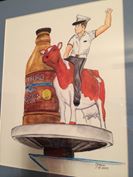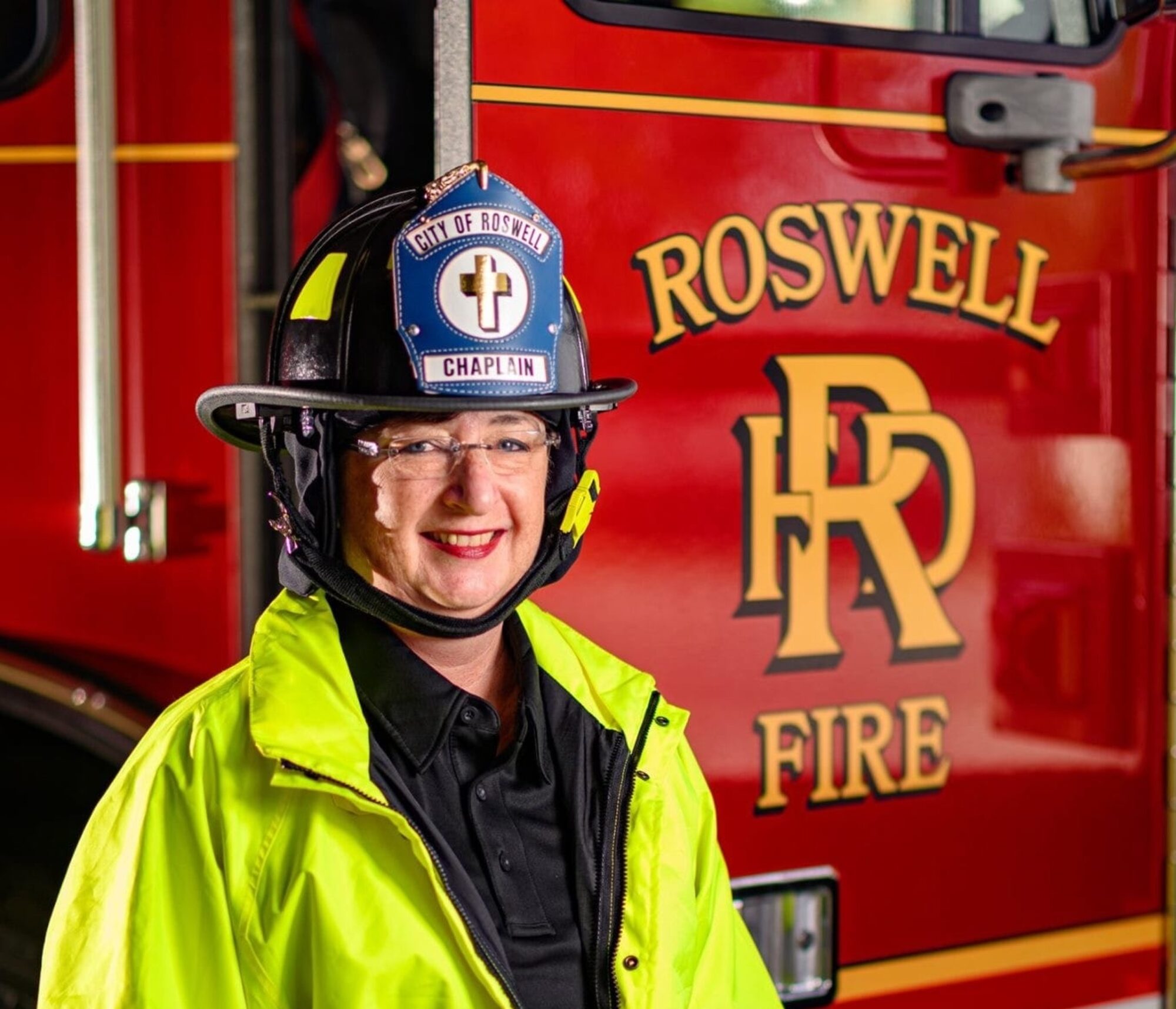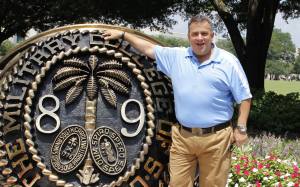Each year about this time the cadets begin to complain about changes to their routines and the way it was when they were knobs. This year is no different. I wrote an entry about change and The Citadel in 2012.
The Citadel has a new commandant who is enforcing the rules that are on the books, or so I am told by alumni. Since I did not graduate from The Citadel and did not live through knob year, I asked 1989 alumnus, Paul Tamburrino, to contribute an entry about The Citadel: Tradition and Change.

By Paul Tamburrino
Talk to any Citadel alumnus or cadet, and you will hear the word “tradition” used in reference to policies, procedures, customs, rituals, and just about anything else pertaining to the school. In their minds, what happened during their tenure on campus is an enduring tradition. Books have even been written about traditions of The Citadel.
The Citadel traditions most commonly referenced are related to the 4th Class System, Cadre, Recognition Day, Ring Ceremony and Ring Night, the Junior Sword Drill/Arch, the Summerall Guards, specific Cadet Company practices, and barracks’ hi-jinks (Thanksgiving Turkey Dinner, Halloween, Senior Rip-Off, among many others).
“Change is the only constant in life” is a quote that is attributed to Heraclitus, a Greek philosopher. It could have easily have been originated in 1842 with the opening of The Citadel. Isn’t it ironic that a school so steeped in “tradition” could be closely associated with a quote about change? Traditions at The Citadel change almost as frequently as the seasons.
It usually takes about two years for a practice to become a tradition at The Citadel. If a practice lasts a cadet’s entire four years on campus, it is considered an “eternal” tradition, meaning “it has always been like that”.
If you get to eavesdrop on conversation between alumni of different generations, you will hear them talk about shared traditions of Knob Year. The details of their experiences will always differ greatly. What is interesting to note is that the 4th Class System does NOT date back to the early years of The Citadel. In fact, it is a rather “new” tradition. To learn more about the evolution of the Freshman experience at The Citadel, a good read is from Alex Macaulay ’94, Assistant Professor of History, Western Carolina University: Building New Traditions: The Citadel in Post-World War II America.

Each year, cadets cling to what they consider “traditions” to explain why they may do something or to lament a change in the policies and procedures of the college. Alumni will do the same thing. Almost always, what they considered a “tradition” is either a bad habit or something that was relatively isolated to their tenure on campus.
Many traditions seem to be eternal, like The Citadel Honor Code. It is considered a foundation of The Citadel experience, but it also is not originated from 1842. While there has always been a concept of “honor” at The Citadel, the current Honor Code has only been in place since 1955. While the Code has remained the same, the interpretations of it have evolved over the decades since first instituted.
Tradition at The Citadel is very important for the fabric of The Citadel experience. It is what binds cadet to cadet, cadet to alumnus, and alumnus to alumnus. It is our shared experiences that make our network stronger than any other alumni group. But, dig deep down and you will find that these traditions are not as rooted in history as even we would like to think. The only enduring tradition at The Citadel is change.


